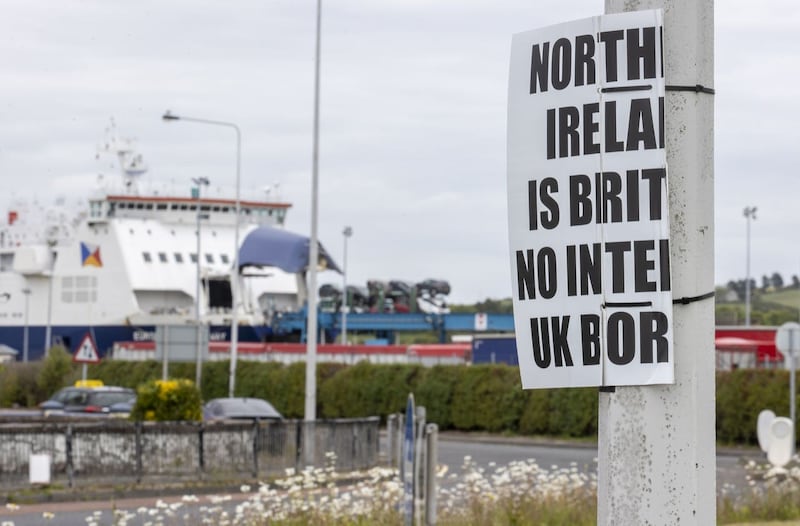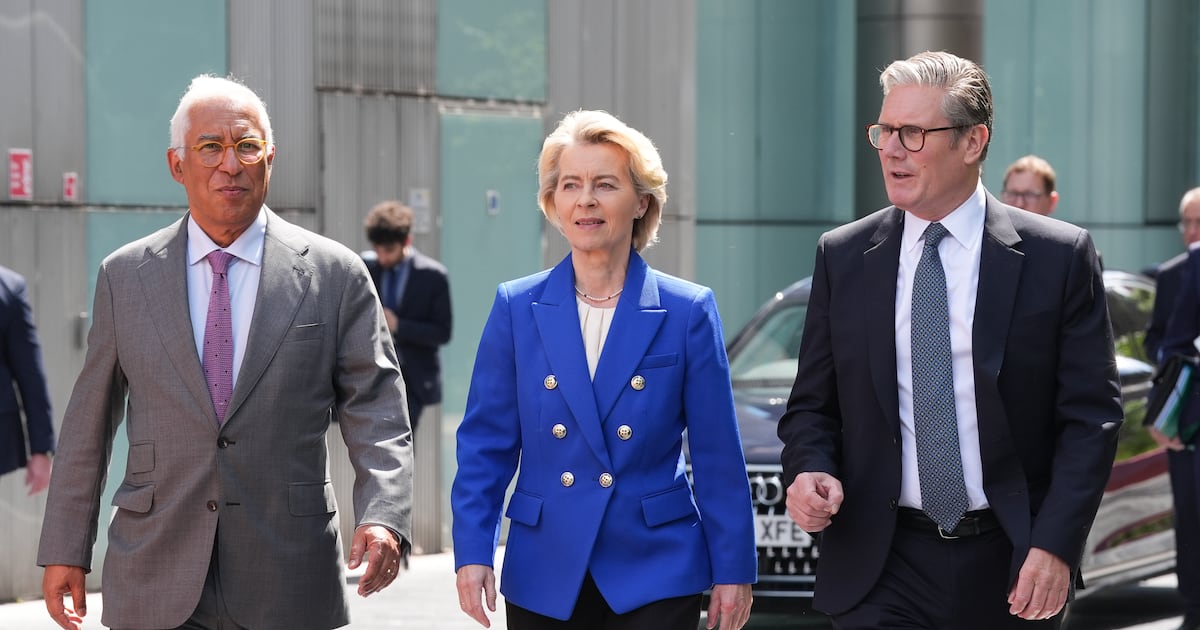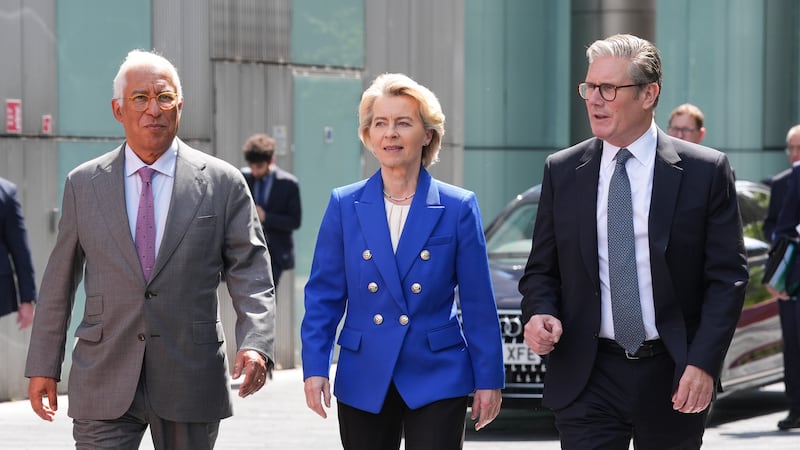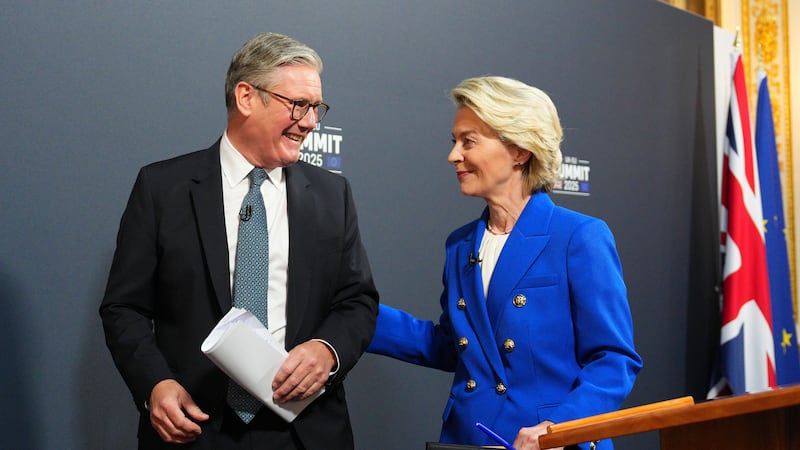Ever since Labour came to power last July, the direction of travel has been clear – a ‘reset’ of relations with Brussels and closer alignment with EU regulations.
Brexit has been bad for the British economy. New trade barriers have reduced firms’ access to markets, leading to significantly lower economic growth, job losses and rising prices.
The official press release from Downing Street noted that the EU is the UK’s largest trading partner but that Brexit had led to a 21% reduction in exports and a 7% fall in imports.
While the Windsor Framework and its previous iterations have sought to ease trading difficulties for businesses in Northern Ireland by keeping the region in the EU single market, it’s meant more red tape, uncertainty for firms, and disquiet among unionist politicians, the majority of whom advocated for Brexit.
A lot of the noise around the EU-UK deal will be about fisheries and measures that will enable the trading bloc’s vessels to fish in British waters. While hugely symbolic to many and not necessarily great news for fish stocks, this element of the deal will have little impact on the wider economy and people’s lives.
 The deal is expected to ease checks on the Irish Sea border. PICTURE: LIAM MCBURNEY/PA
The deal is expected to ease checks on the Irish Sea border. PICTURE: LIAM MCBURNEY/PA
There’s also agreement on security and defence, and a scheme to enable young people from Britain to work and travel freely in Europe again.
Far more significant, however, is agreement on SPS (sanitary and phytosanitary), the trading regulations applied to human, animal, and plant health products.
Checks on animals and plants arriving in the north from Britain have been in place since long before Brexit but they have increased significantly in recent years.
Securing a deal is positive news for the agrifood industry on both sides of the Irish Sea, and for consumers, whose choice of goods is said to have reduced post-Brexit. The details have yet to be finalised but once fully agreed, the arrangements will be permanent.
The British government insists that the deal does not cross the red lines set out in the Labour manifesto, namely no return to the single market, no return to the customs union, and no return to freedom of movement.
However, one concession the UK must make to enjoy its new privileges is some dynamic alignment on EU food standards and an arbitration role for the European Court of Justice.
There’s been an almost universal welcome for this deal, which in many ways represents the backstop for slow learners – the compromise that Theresa May proposed in 2017 before it was derailed by the DUP and their Brexiteer allies.
It seeks to undo the UK’s self-harm by bringing it as close to the EU as is politically possible. It won’t undo Brexit but it aims to mitigate the foreseeable economic damage that followed the outworkings of the 2016 referendum.
In Britain, the Tories and an ascendant Reform will use the deal to attack Labour, while unionist purists will continue to lament the fact that they never got the Brexit they wanted.
Yet as one of the agreement’s main architects, Sir Keir Starmer will hope the electorate prioritises prosperity over any further notions of taking back control.



